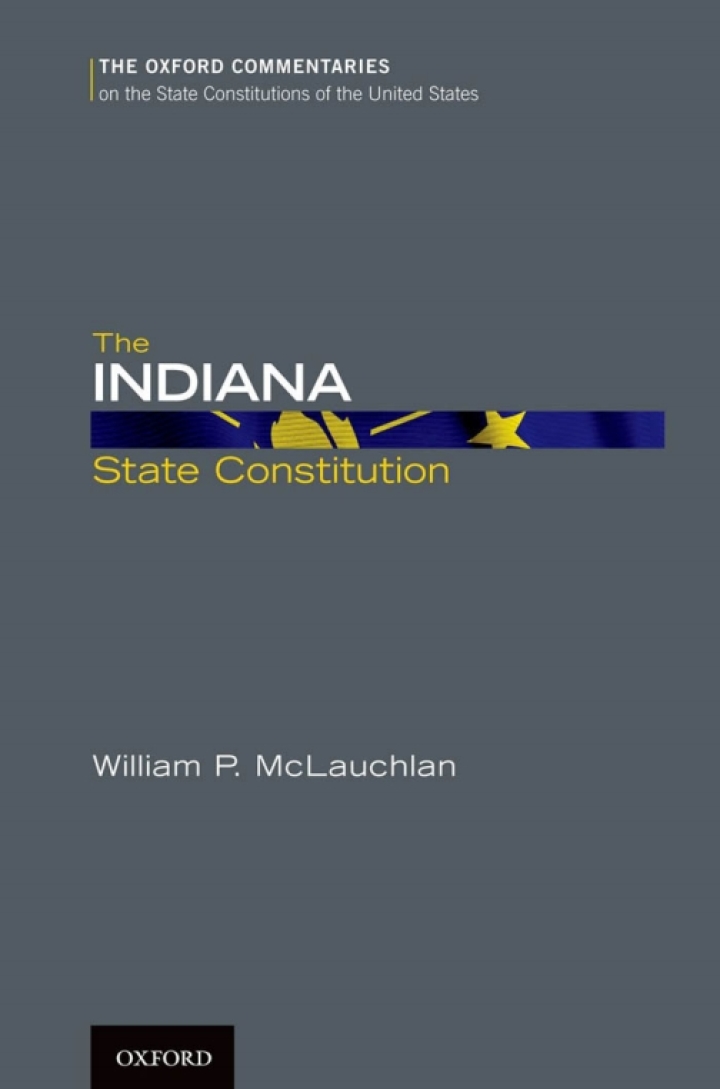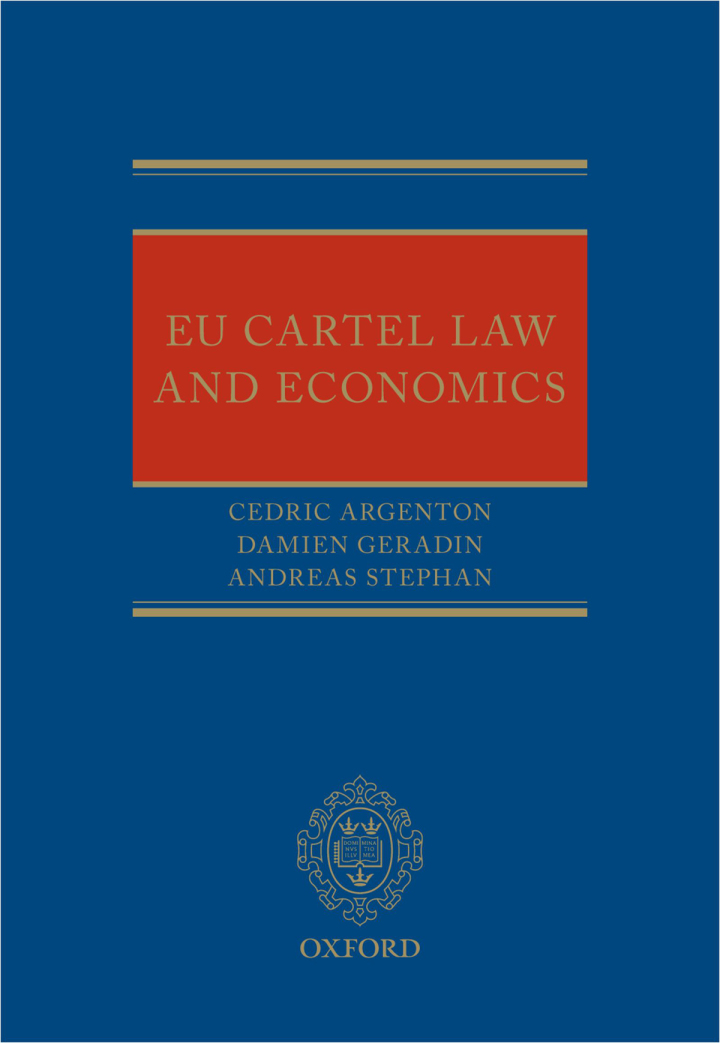“The Indiana State Constitution” has been added to your cart. Continue shopping
EU Cartel Law and Economics
$81.25
Attention: This is just ebook, Access Codes or any other Supplements excluded! / File Delivery: Sent Via Email within 24 hours!
SKU: 36e6980f7aaf
Category: Law Textbooks
Description
-
Author(s)Cedric Argenton; Damien Geradin; Andreas Stephan
-
PublisherOUP Oxford
-
FormatPDF
-
Print ISBN
9780198702092, 0198702094 -
eText ISBN
9780198702092, 0198702094 -
Edition
-
Copyright
- Details
The significant evolution of EU competition law in the last 15 years has been fundamentally influenced by economic theory, and economic aspects of cartel prosecution are increasingly relevant in modern competition practice. EU Cartel Law and Economics is the first book-length assessment of cartels from an integrated law and economics perspective. This perspective allows for a more insightful evaluation of the wide variety of practices at the intersection between collusive restrictions of competition and pro-competitive agreements between firms. It sheds light on the underlying mechanics of cartels, including how to detect anti-competitive conspiracies in the absence of hard evidence. It also provides a more conceptual approach to cartel law, outlining ways in which the current legal structure can be applied more effectively to deter anti-competitive conduct without discouraging pro-competitive forms of cooperation between firms. The book is divided into four parts: the first part provides a conceptual overview of the law and economics of cartels; the second part describes the central legal analysis in cartel cases; the third part summarises the regulatory process in cartel investigations; and the fourth part deals with civil damages. EU Cartel Law and Economics is a topical and innovative reference work written by recognised experts in the field.
Related products
-
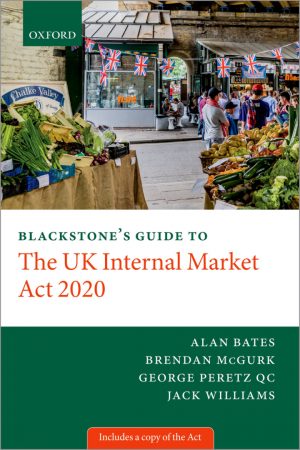
Blackstone’s Guide to the UK Internal Market Act 2020
Rated 0 out of 5$22.10 Add to cart -
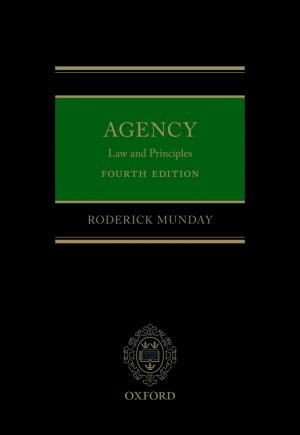
Agency 4th Edition Law and Principles
Rated 0 out of 5$53.62 Add to cart -
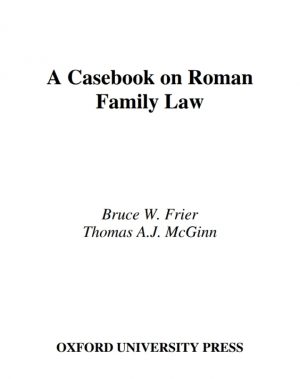
A Casebook on Roman Family Law
Rated 0 out of 5$28.60 Add to cart -
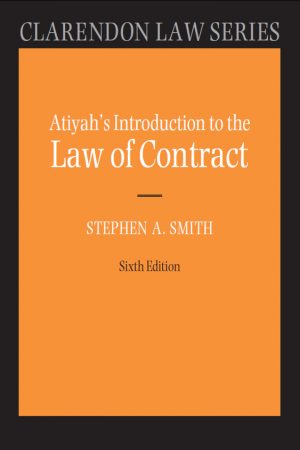
Atiyah’s Introduction to the Law of Contract 6th Edition
Rated 0 out of 5$30.88 Add to cart

